Travel agencies organizing educational tours for minors in Beijing are now barred from using the names of prestigious universities like Tsinghua and Peking University to attract customers, the Beijing Municipal Education Commission said.
A regulation issued by the Beijing Municipal Administration of Culture and Tourism on Friday requires travel agencies to make reservations for campus visits through official channels provided by the universities for primary and secondary schools.
The regulation also mandates that agencies accurately present details of the tours, including course content, teacher qualifications, routes, transportation and accommodations. Agencies must clearly indicate whether students will visit campuses or experience campus life. Exaggerated or ambiguous advertising is strictly prohibited.
Educational tours for primary and secondary school students have grown increasingly popular in China, with the market valued at 146.9 billion yuan ($20.1 billion) in 2023, according to iiMedia Research. However, the industry has faced criticism for deceptive advertising, unqualified teachers, mismatched pricing and safety concerns.
Some agencies have been accused of misleading parents with promotional materials featuring photos of the gates of Tsinghua and Peking universities. In some cases, students were taken to venues like the Tsinghua University Art Museum, located outside the campus, instead of the universities themselves.
Additionally, agencies have falsely advertised lectures by students or teachers from prestigious universities without verifying the credentials of the instructors, and have made unauthorized schedule changes without informing parents.
"The agency promised visits to Tsinghua and Peking universities, but the kids ended up lingering at the school gates without entering," Wang, a parent from Xi'an who paid 3,480 yuan ($477) for his daughter's five-day educational tour in Beijing, told the Yangtze Evening Post.
Xu Xudong, a lawyer in Jiangsu province, said educational tours are a specialized form of tourism.
"If the actual trip does not deliver what was promised in the contract, the travel agency is liable for breaching the agreement and may face punitive compensation for consumer fraud," Xu said.
The regulation calls for tour agencies to differentiate between travel and learning while considering students' physical and mental characteristics and educational needs. Travel agencies are required to confirm arrangements with tourist attractions in advance and should adhere strictly to the contract terms, ensuring standardized services.
Xu Nuocontributed to this story.









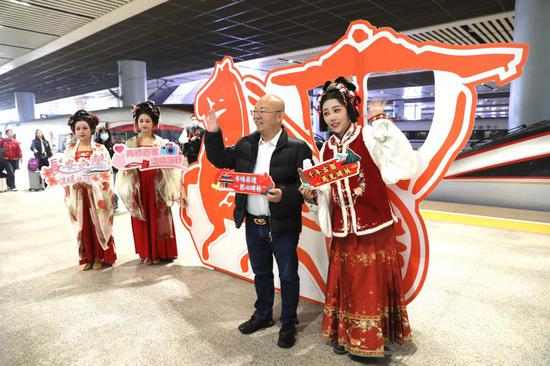



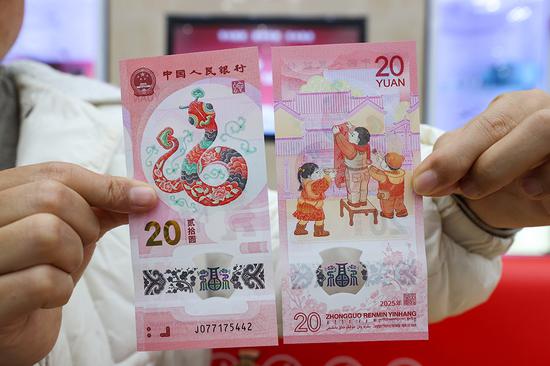
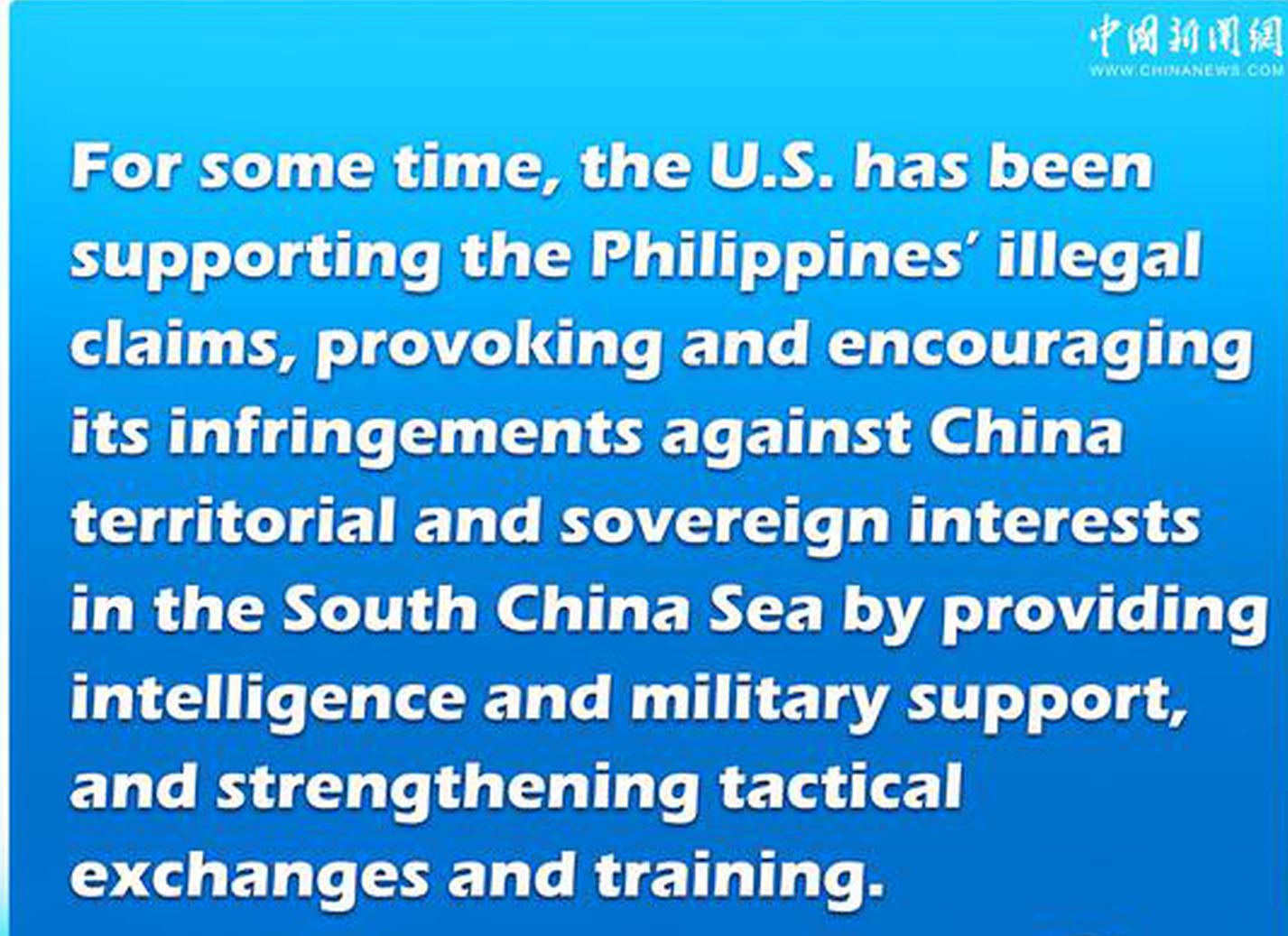






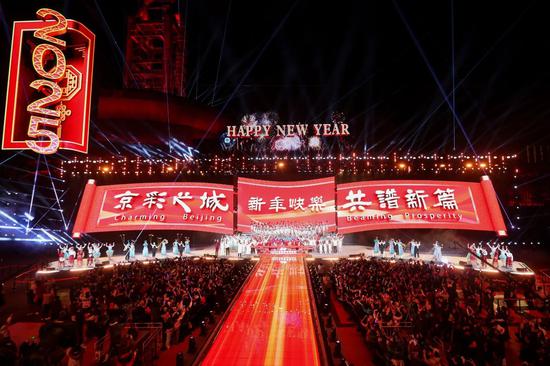


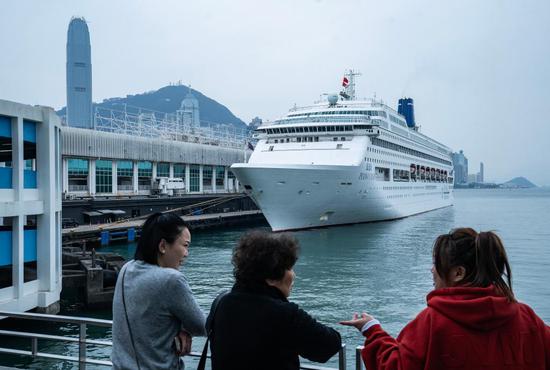
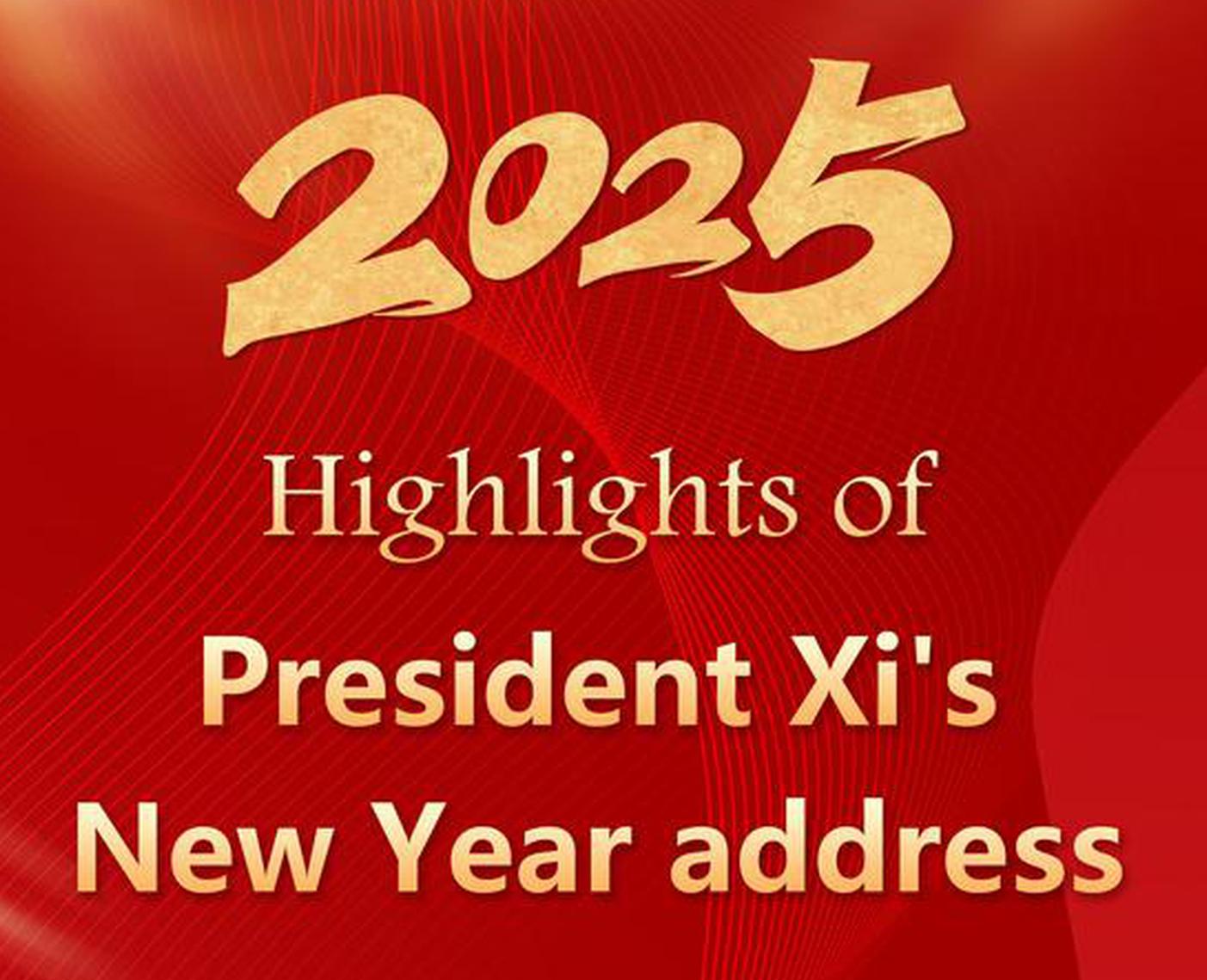








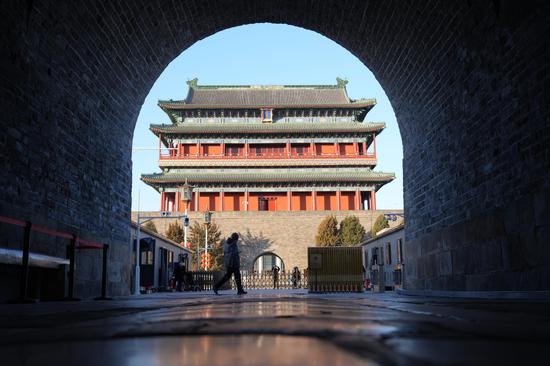







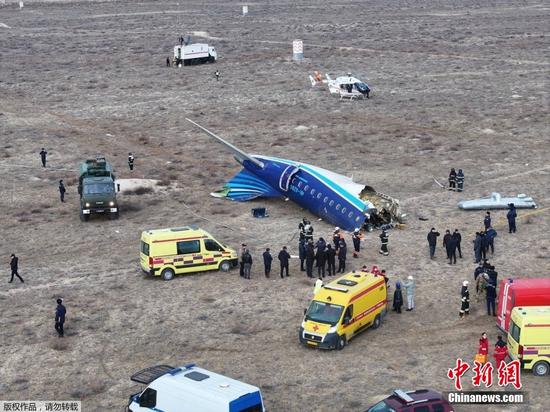



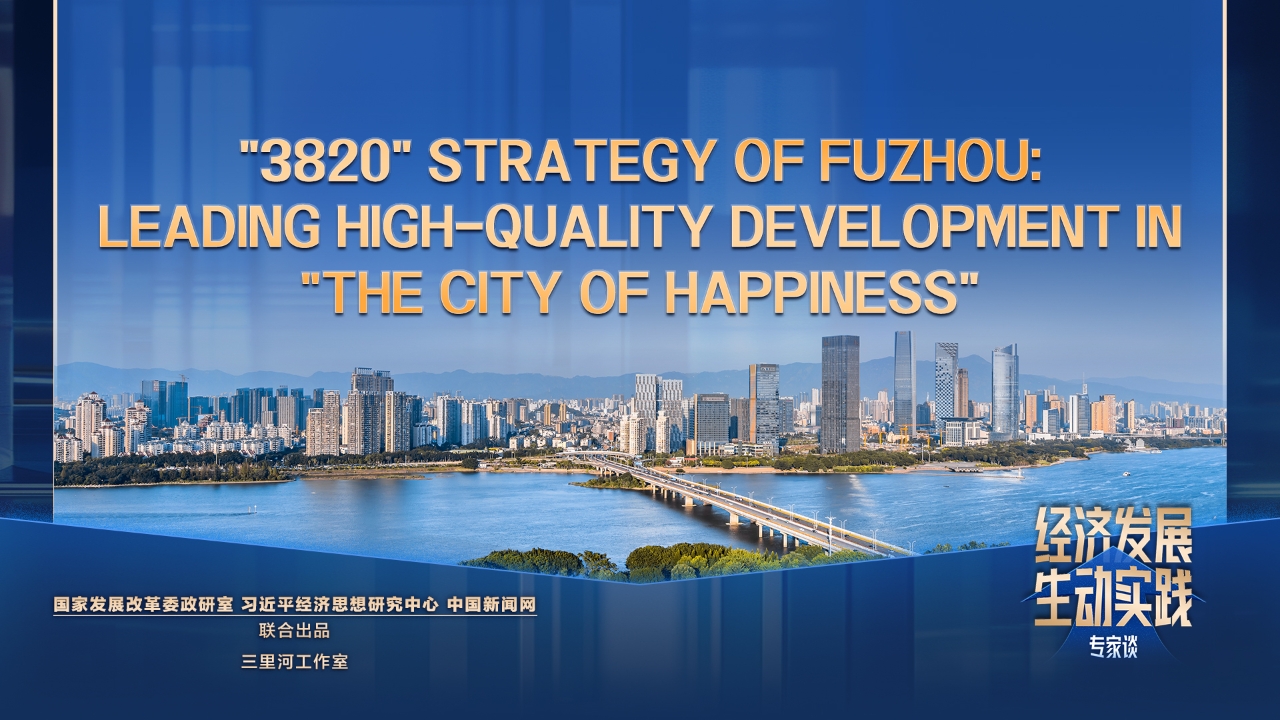



 京公网安备 11010202009201号
京公网安备 11010202009201号